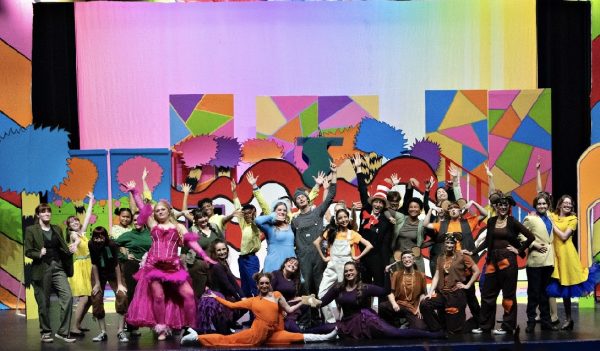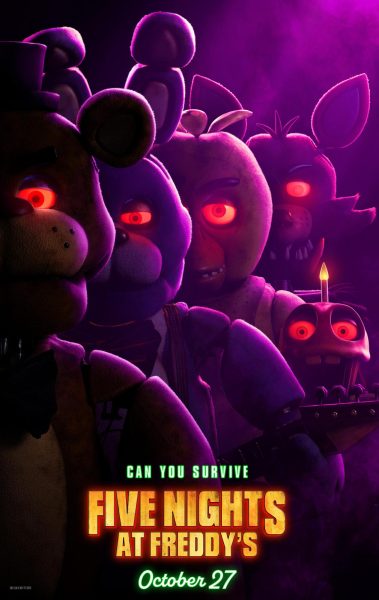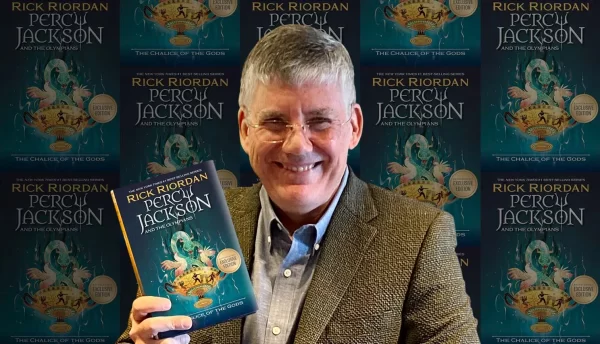“Ginny and Georgia” go against the world
March 10, 2023
Ginny and Georgia, though categorized as yet another cliche teen drama, has something about it that makes the show impossible not to binge. Through powerful characters and a deeper dive into the realities of life, season two enables audiences to find comfort in its chaos.
This season definitely follows a much darker plotline, with a direct plunge into these events. The first episode starts off strong following the betrayed feelings Ginny, portrayed by Antonia Gentry, experiences as she struggles to comprehend the reasons behind her mother’s murderous actions. While her concern is understandable, audiences could not help but think it was overly dramatic.
Ginny dives into a concerning state of question and worry, completely transforming her attitude, friend group, and look in the process. She does this by dying her hair blue, befriending her old friend from the year prior, and placing less of an emphasis on her learning. However, all of this did not effectively contribute to the growth of her character, as she quickly returned back to her normal self following the heartfelt explanation her mother provided.
Now Ginny’s mother, Georgia, played by Brianne Howey, is nothing short of an icon. From her perfectly done hair, to the most stylish outfits, and a rebellious and protective nature, Georgia is arguably the best character. Is she problematic? Yes. However, every character in this show is, she just does it with elegance and a great big smile on her face (southern accent). Her eccentric personality shines through and without her there truly is no show.
A favorite part about this season is the flashbacks between Georgia’s childhood and the present day. As yet another one of her past lovers mysteriously returns into her life, it is interesting to see how her relationships with these people developed in her younger years. This provides viewers with insight into the reasons for her actions, allowing them to become even bigger Georgia fans. It becomes evident that everything she does is to ensure that her children have a better life than her, a truly notable pursuit. For this reason, a large frustration in the show comes from the ungrateful attitudes of her children, primarily Ginny. Thankfully, as she opens up to them and explains her point of view, it becomes a bit easier for them to sympathize with her.
Another admirable aspect of this season is their portrayal of realistic struggles people face. Through the inclusion of severe problems such as self-harm, depression, and eating disorders, more people can feel enabled to share their experiences. Though it is a small step, it is important for popular shows to at least try to end the stigmas behind problems that are unfortunately prevalent and widespread in today’s world.
By showing Ginny’s mental health struggles, an important message of recognizing the severity of these issues and acting on them is demonstrated. Through her father’s decision to sign her up for therapy, it is possible for the audience to witness small changes in her that lead to growth in her personal and family life.
Another important topic that was discussed was racism, through the battle Ginny fights against her discriminatory teacher. It is empowering to see how she is able to call him out on his actions, not letting this educator control and force her to partake in activities that are not fair to her as both a student and a person.
Overall, this season feels much more mature. It is difficult at times to comprehend that Ginny and her friends are supposed to be portraying sophomores in high school. However, it seems to demonstrate a pretty accurate lifestyle, for the most part, as conflicts do not discriminate based on age. It further explored significant topics, making viewers curious to see the route the next season takes.














